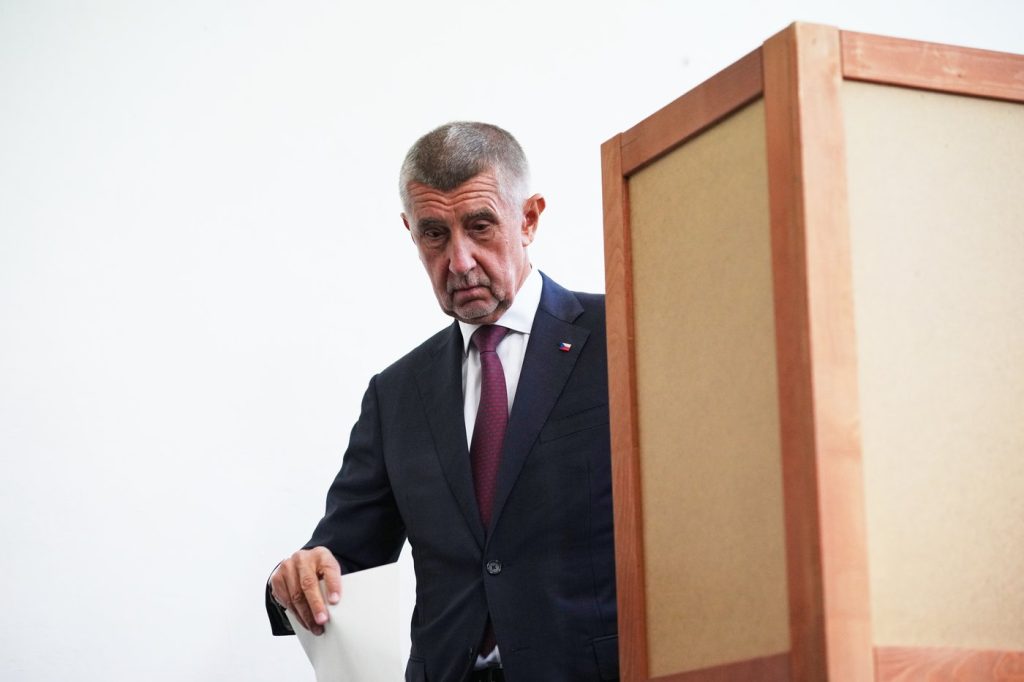PRAGUE (AP) — Czechs participated in the second and final day of a parliamentary election on Saturday, a crucial event that may shift the nation's foreign policy away from supporting Ukraine towards closer ties with Hungary and Slovakia, countries that have adopted a more pro-Russian stance. Billionaire Andrej Babiš is anticipated to be the latest populist leader in Central Europe poised for a political comeback, with opinion polls suggesting he could surpass the pro-Western coalition led by Prime Minister Petr Fiala, who defeated him in the 2021 elections.
Should Babiš emerge victorious, he would join the ranks of Prime Ministers Viktor Orbán of Hungary and Robert Fico of Slovakia. Both countries have refused to offer military assistance to Ukraine, continue to import Russian oil, and oppose European Union sanctions against Russia. The Czech Republic has historically been a strong supporter of Ukraine following Russia's full-scale invasion in February 2022, providing arms, including heavy weaponry, to the Ukrainian military and backing initiatives to procure artillery shells desperately needed by Ukraine from non-EU nations.
Babiš has voiced skepticism regarding this support and has also not fully committed to a NATO mandate aimed at significantly increasing defense spending. Last year, he allied with Orbán to establish a new coalition in the European Parliament, named "Patriots for Europe," to represent hard-right factions, marking a significant deviation from the liberal Renew group that Babiš previously belonged to. The Patriots are characterized by anti-migrant rhetoric, a critical outlook on EU climate change policies, and a focus on national sovereignty.
His populist ANO (YES) movement, described as a "catch-all" party, faced electoral defeat in October 2021 after a turbulent term marked by the COVID-19 pandemic. Subsequently, a coalition of five parties formed a new government. Babiš, aiming to regain power, would prefer to govern alone. However, forecasts suggest he could capture around 30% of the vote, approximately ten percentage points ahead of Fiala's coalition, although still not sufficient to secure a majority government. He has explicitly ruled out collaboration with any parties that were part of the government following the 2021 elections.
Among his potential partners are two coalitions that are openly pro-Russian and advocates for withdrawing the Czech Republic from the EU and NATO. While Babiš has asserted that this is not his intention, another possible ally, a right-wing group dubbed the Motorists, which is backed by former EU-skeptic President Václav Klaus, opposes EU environmental policies. As the election unfolds, the political landscape of the Czech Republic hangs in a delicate balance, with implications for the country's international relations and domestic policies.











